Plant Training; 2023-2024 Educational
Winter Grow 2023
We are for the first time trying to show a local farmer from Eswatini how to train a plant and increase the yield of flowers on their plants. In this case and in most cases the Swazi farmer is farming for larger-scale outdoor grows compared to the greenhouse we have erected on the property. As he tends to the few pots in the greenhouse and practices tying and bending plants as they grow, we hope that he will realize the true potential of this method. In our conversations with him when introducing him to low-stress training (LST) we discussed the possibility of filling the entire greenhouse with plants.
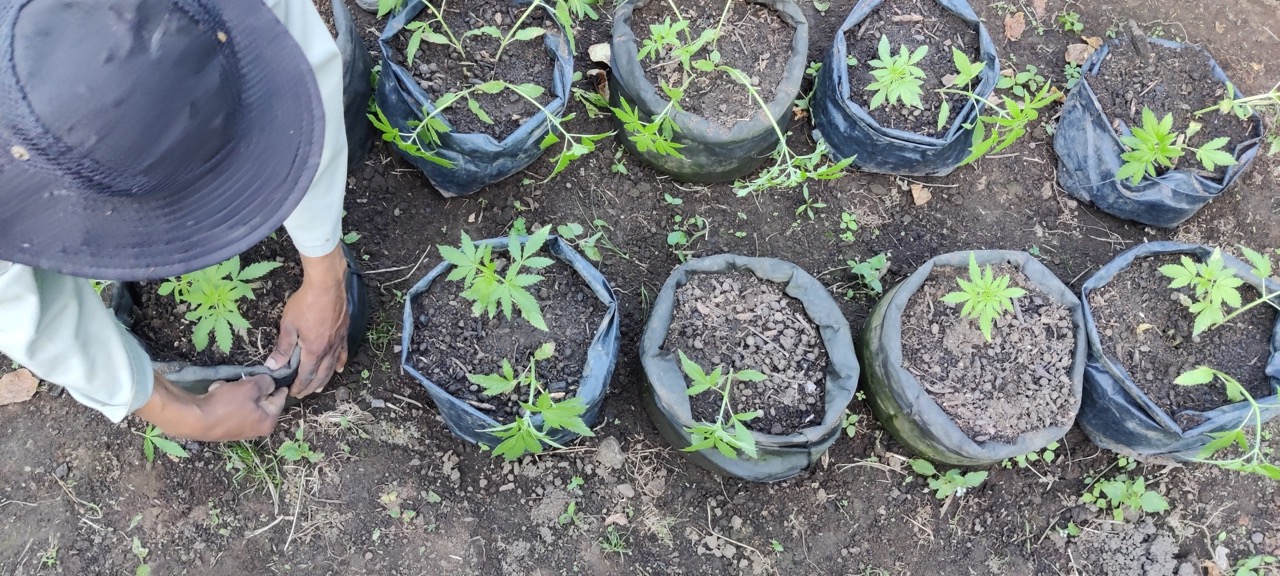
After 1 week, the small shoots are starting to take advantage of the plant’s sideways position and growing at a greater rate.
As this is a winter grow, it appears as though we are going to have a very early flowering stage with these plants. Something to think about for our next grow in the summer which will probably be a much larger plant.
2 or 3 weeks in we can already see a change in the attitude of our partner farmer, warming to the idea of pinching the tops of his own plants and bending them to increase their yield.
Summer Grow 2024
The summer season started haphazardly with very few of the planted seeds germinating when first planted. The weather was not favourable as it was raining heavily, which meant that we had to wait to germinate seeds until it was dryer. When seeds were planted they almost all failed to germinate, perhaps due to humidity issues.
The second attempt of germinating seeds yielded only 2 out of 10. It is expected to lose possibly 50% due to males being removed but 20% is low.
- Taken 11 June 2023
- Taken 11 June 2023
- Taken 11 June 2023
- Take 11 June 2023
- Taken 17 June 2023
- Taken 18 June 2023
- Taken 18 June 2023
- Taken 18 June 2023
- Taken 11 June 2023
- Taken on 18 June 2023
We were expecting to have a much stronger grow with warmer weather in the summer however we are left with 2 plants. Nonetheless, we can still use them as an opportunity for our partnered farmer to train them as they grow using methods learned in the winter LST grow.
Through documented stages of growth, from early to mid and final stages, the progress of the surviving plants was tracked. Despite the initial setback, the plants showed promising development, particularly in the mid-growth stage, where the training methods began to demonstrate their effectiveness.
By the final growth stage, the plants had matured, exhibiting wider growth patterns and increased flowering sites, indicative of the positive impact of plant training, despite the challenges faced during germination and early growth.
However, challenges persisted, notably the susceptibility to mould during drying due to damp conditions. This underscores the importance of monitoring environmental factors throughout the growing process.
Despite setbacks, the Summer Grow 2024 project yielded valuable insights, with higher yields per plant observed during warmer and wetter conditions, highlighting the potential benefits of plant training in optimizing cultivation outcomes.
Furthermore, the project fostered increased engagement from the farmer, who embraced the concept of plant training and expanded the use of the greenhouse for other crops like tomatoes and beans.
Additionally, the adoption of worm fertilizer on the farm signalled a positive shift towards sustainable agricultural practices, reflecting a growing awareness and utilization of innovative techniques for improved crop cultivation.

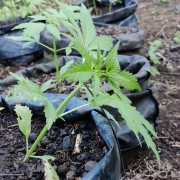
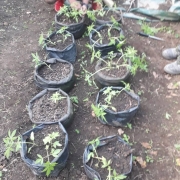
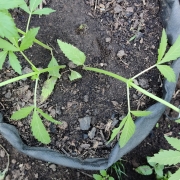
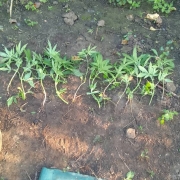
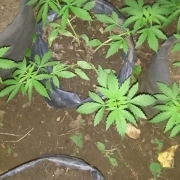
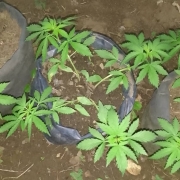
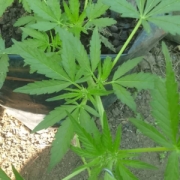
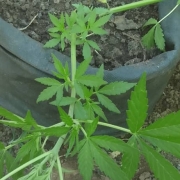
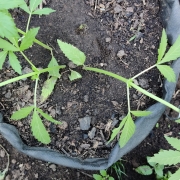
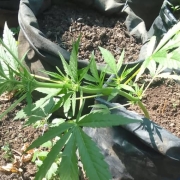



Leave a Reply
Want to join the discussion?Feel free to contribute!